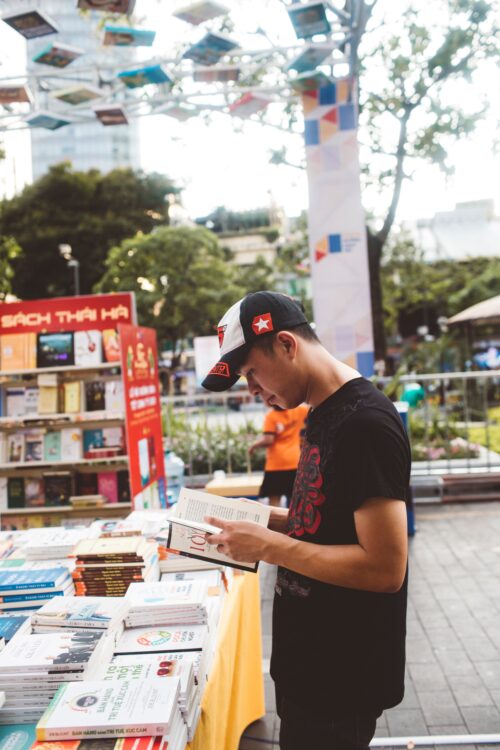Scholastic Reverses Controversial Decision to Separate Books on Race, Gender, and Sexuality
Share
Explore Our Galleries
Breaking News!
Today's news and culture by Black and other reporters in the Black and mainstream media.
Ways to Support ABHM?
By Aziah Siid, Word in Black

At least once a year, students come to school with money they saved up, or a sealed envelope sent by their parents or guardian, for the annual Scholastic Book Fair. It’s an integral part of students’ yearly calendar festivities, giving them an opportunity to pick whatever their heart desires.
The nationwide book fairs allow students to discover books of their interest and pick what reads they want. It can be the latest book from a popular comic series like “Captain Underpants,” or the newest shiny pencil on display, but for over 40 years, Scholastic has tried to “empower” kids to choose their own books and school supplies, which it calls a “milestone opportunity” for students “to identify and express their own voice.”
But earlier this month, the organization announced a plan to segregate books on race, gender, and sexuality, leaving authors, education professionals, and parents criticizing the decision, especially when censorship and book bans through education facilities are at a high. That decision has now been reversed.
The decision to create the “Share Every Story, Celebrate Every Voice” collection, which included 64 controversial titles that elementary schools could choose to include or exclude from their book fairs, was made earlier this year. In the official statement, Scholastic said the decision to segregate the books was made to reduce the risk of “teachers, librarians, and volunteers vulnerable to being fired, sued, or prosecuted” for hosting these books in a district that has banned them.
[…]
Scholastic clarified in the original statement that the separate collection was intended to ensure kids can access books that are targeted by book bans across the country.
Read Scholastic’s response to criticism.
Others, like Ruby Bridges, do not fear backlash about racial books.











Comments Are Welcome
Note: We moderate submissions in order to create a space for meaningful dialogue, a space where museum visitors – adults and youth –– can exchange informed, thoughtful, and relevant comments that add value to our exhibits.
Racial slurs, personal attacks, obscenity, profanity, and SHOUTING do not meet the above standard. Such comments are posted in the exhibit Hateful Speech. Commercial promotions, impersonations, and incoherent comments likewise fail to meet our goals, so will not be posted. Submissions longer than 120 words will be shortened.
See our full Comments Policy here.